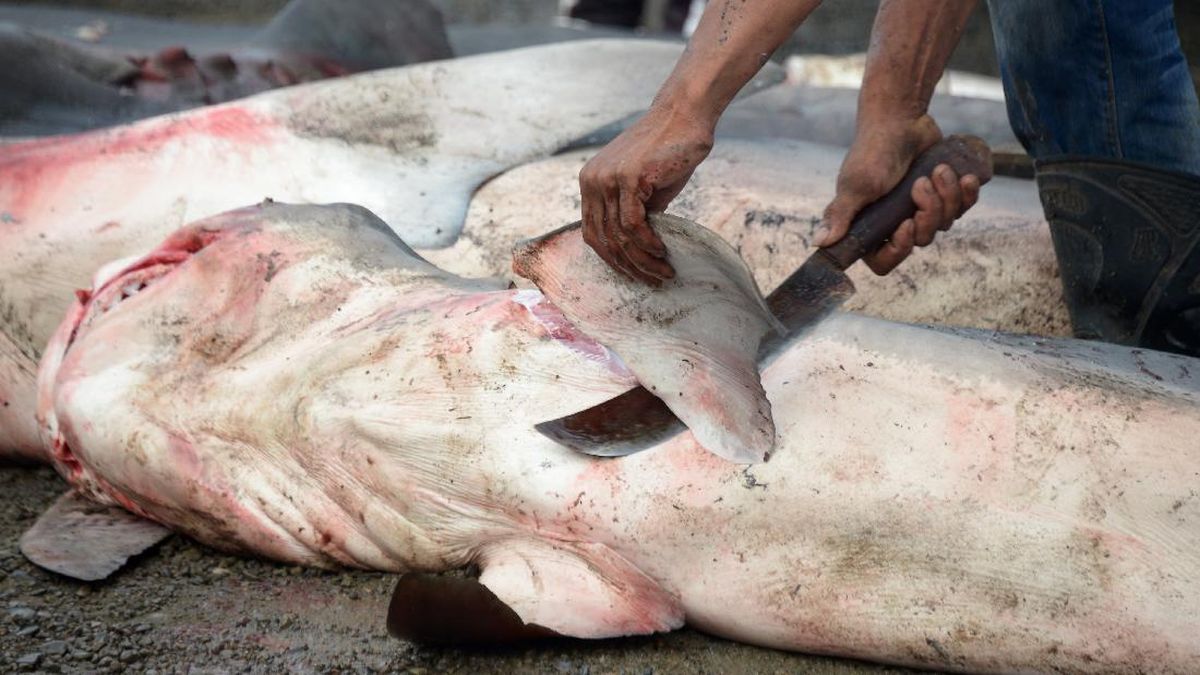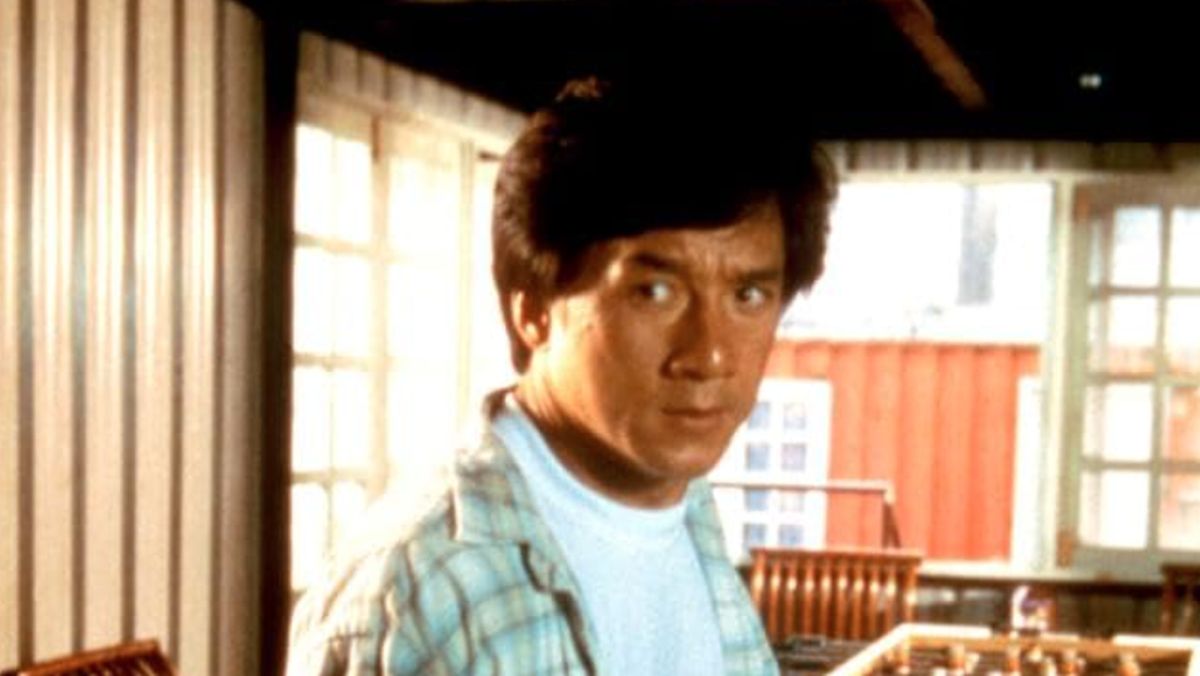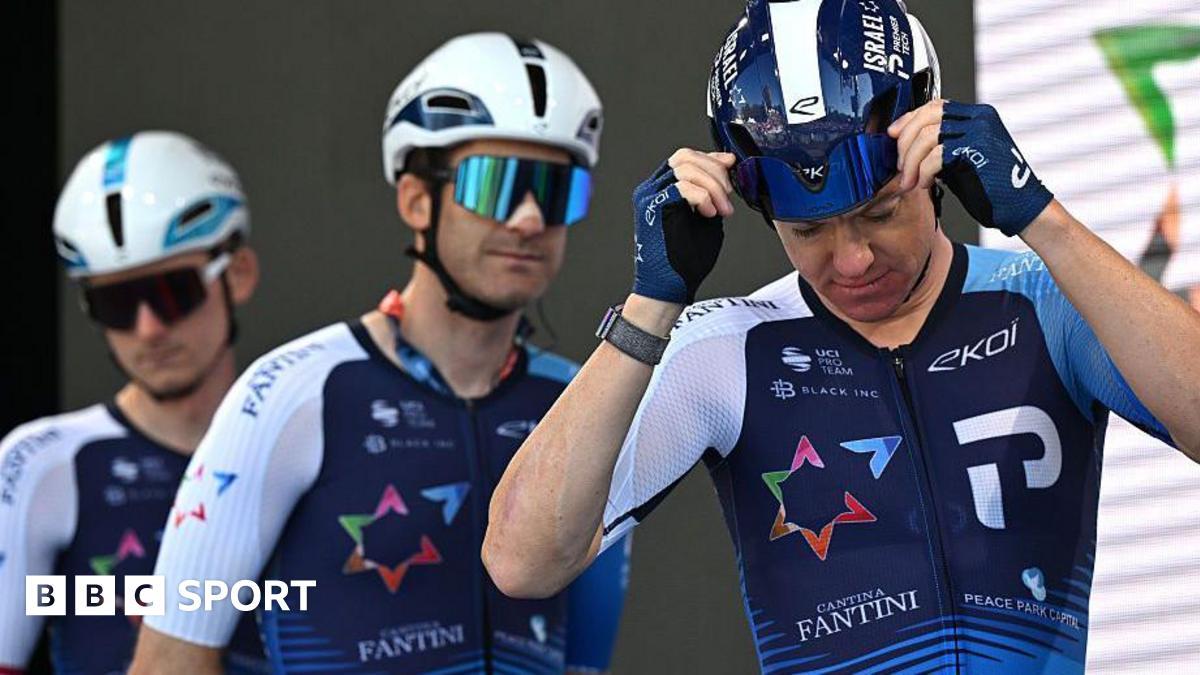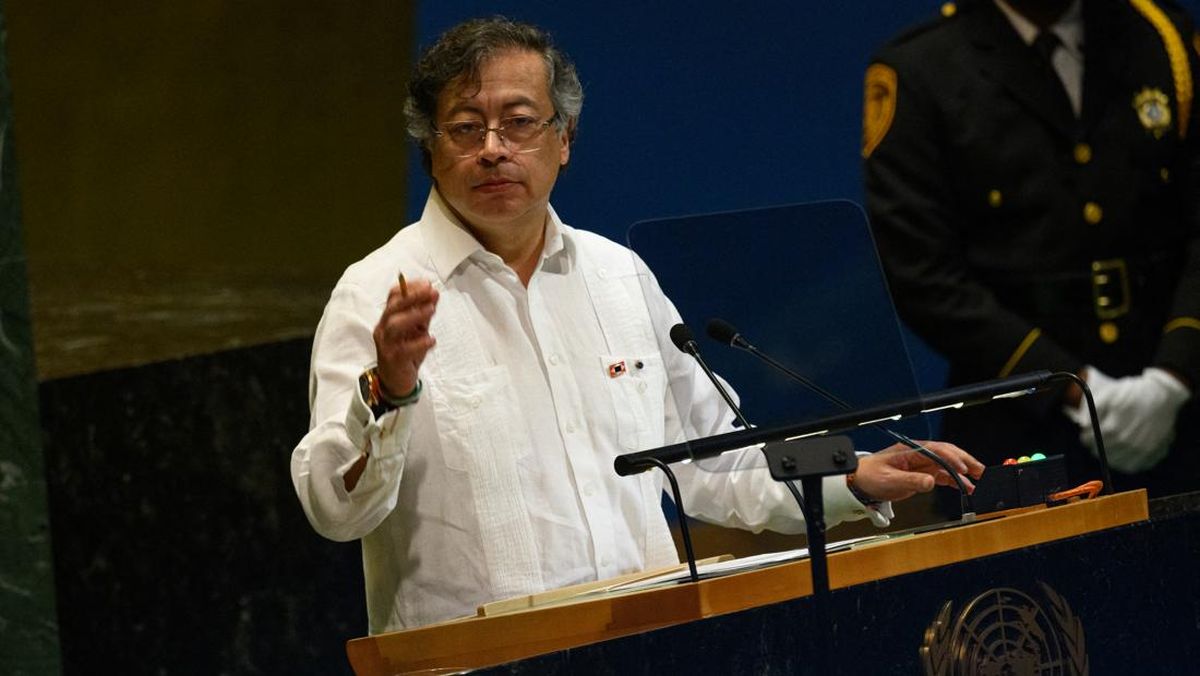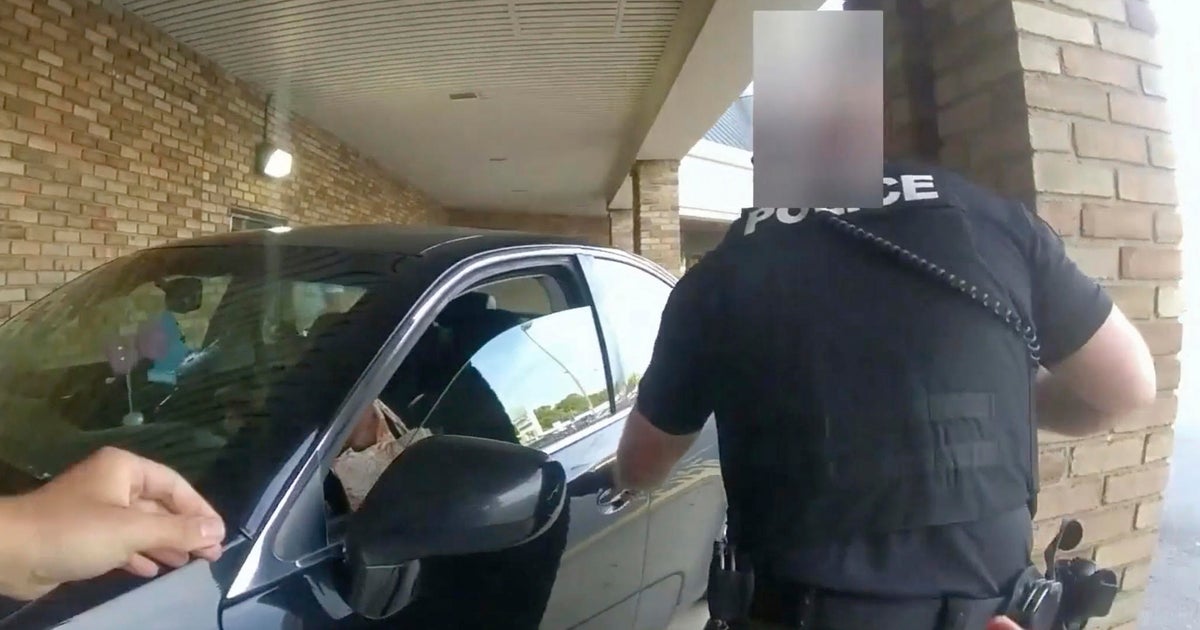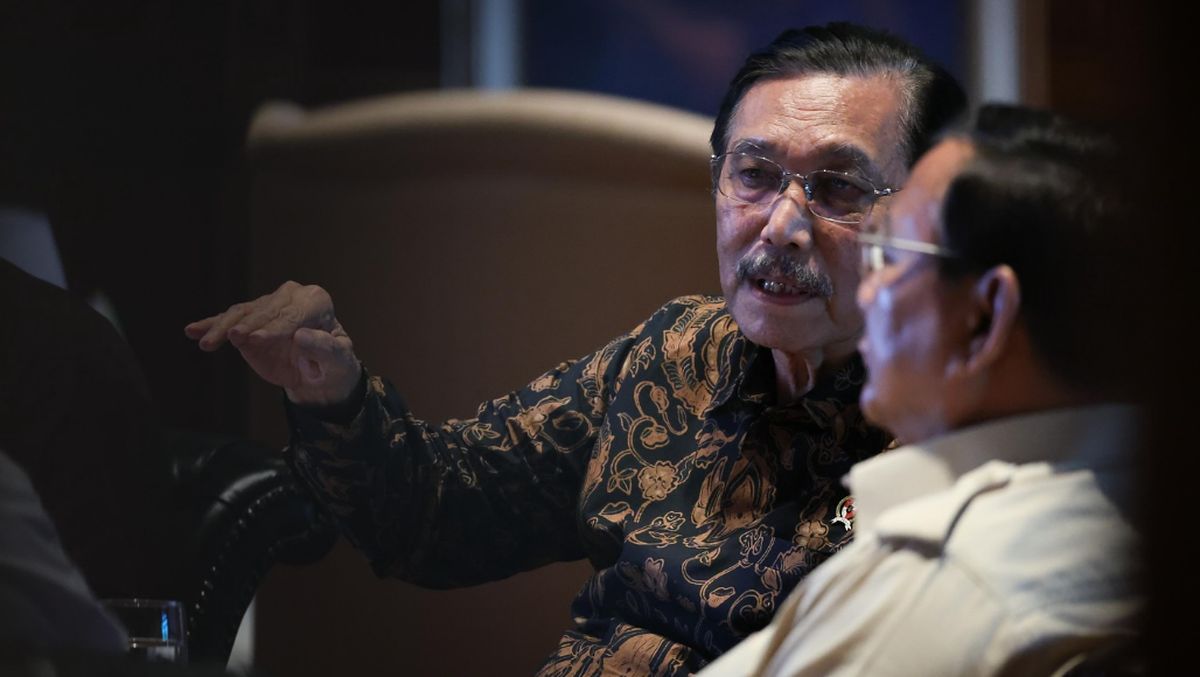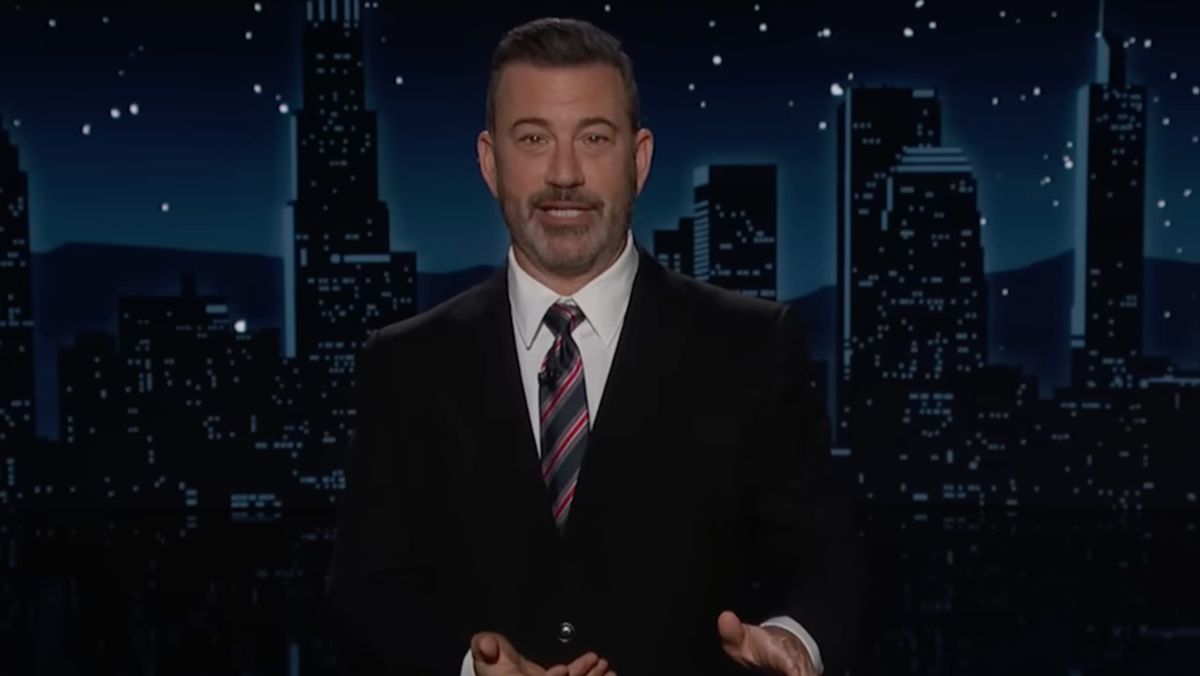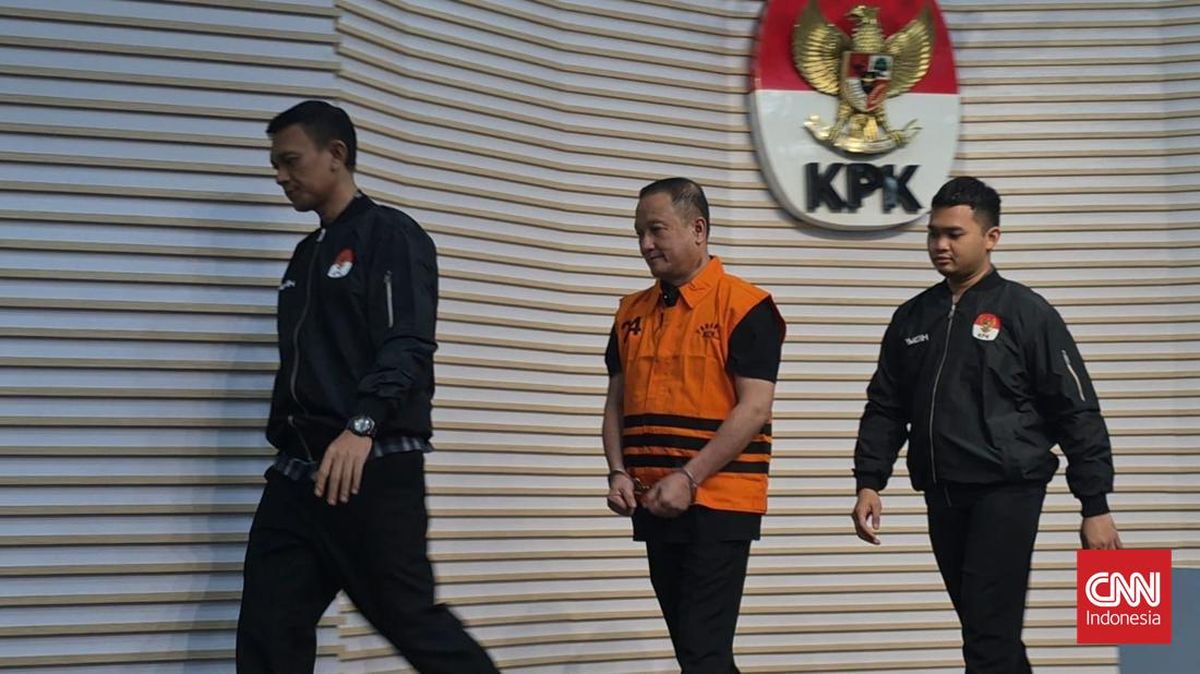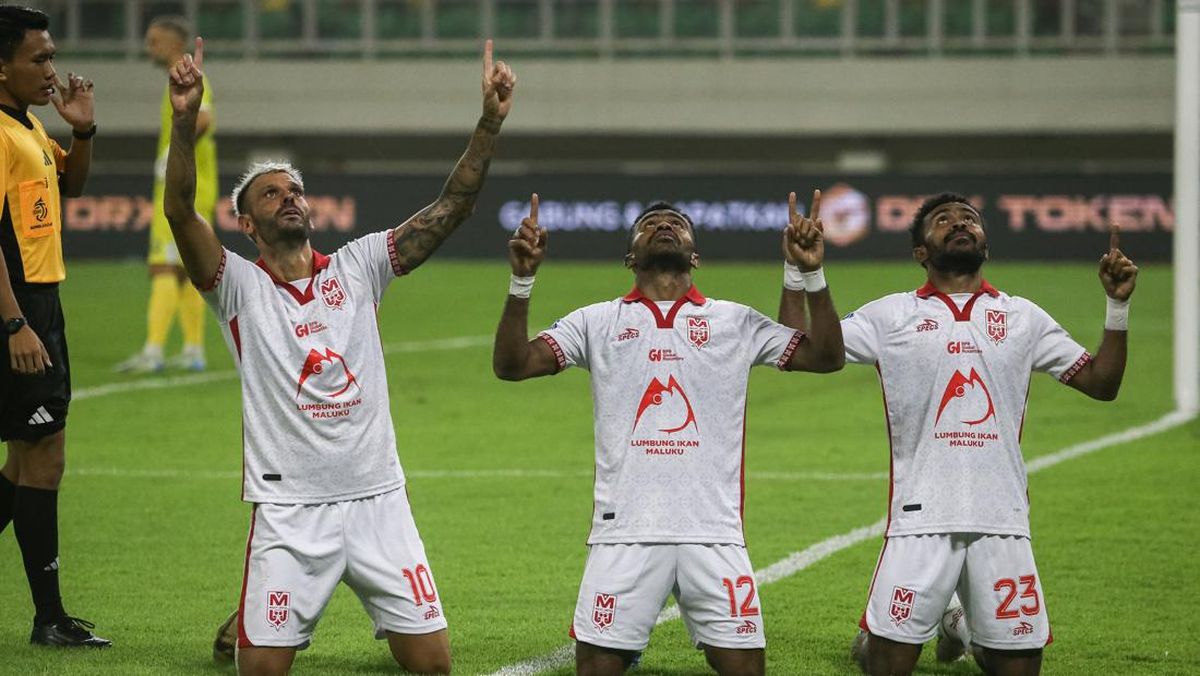Hayley ClarkeEducation reporter and Emily Doughty

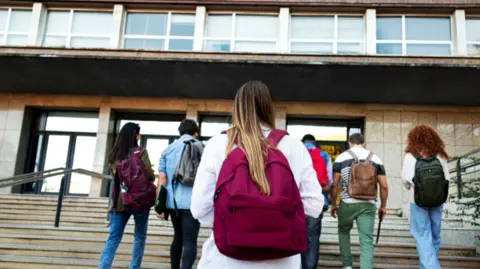 Getty Images
Getty Images
Thousands of students have reported being victims of sexual violence and harassment in the first sector-wide survey of sexual misconduct at universities in England.
The Office for Students (OfS), the higher education regulator, said 14% of students responding to its survey reported being victims of sexual violence - which included rape, attempted rape and unwanted touching.
One in four students who responded reported experiencing sexual harassment.
And 1.5% of respondents reported having been in an intimate relationship with a staff member.
Women, those with disabilities and those who are LGBT were more likely to have experienced both sexual violence and harassment, the survey suggests.
All final year undergraduate students in England were asked to fill out the survey, with 52,000 responding.
It is the first nationwide study of its kind, one which campaigners say they have been calling for since 2010.
The OfS survey asked respondents for their experiences of:
- Sexual harassment (for example, unwanted sexually suggestive comments, exposure or unsolicited pictures)
- Sexual violence (for example, unwanted touching, attempted rape and rape)
- Intimate student and staff relationships
Students were also asked about whether they reported incidents to the university, and whether the support they received was good or poor.
Women were nearly three times more likely to experience sexual harassment than men, and more than twice as likely to experience sexual assault, the OfS said.
Nearly half - 47% - of LGBT students reported sexual harassment, compared to 22% of heterosexual students.
Dr Anna Bull, senior lecturer at the University of York and director of the 1752 Group, which researches and campaigns against sexual misconduct at universities, said the data "confirms what we have known for a long time".
"For these students, university is not a safe or welcoming place," she said.
"I hope that the higher education sector's progress on this issue in the coming years will be as ambitious as this challenge requires."
The LGBT Foundation says it offers an independent sexual violence advisor (ISVA) service covering greater Manchester to support those affected by sexual abuse.
'I was told I would get over it'

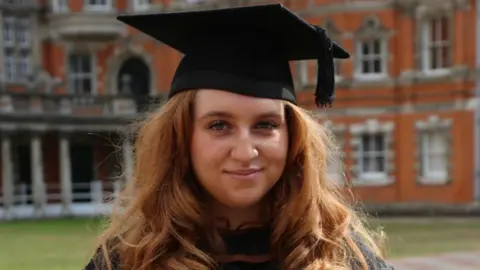 Simon Hanning
Simon Hanning
Molly says she's excited to start her master's, as her undergraduate degree was overshadowed by what happened to her
Warning: Readers may find some details in this part of the story distressing
Molly Hanning, 22, a master's student at Royal Holloway, University of London, says the support she received from the university was lacking after she was raped during the Christmas holidays of her first year.
She has waived her right to anonymity to share her experiences with the BBC.
Molly says she was given leaflets as support resources, and was passed on to other external services instead of being given direct help by the university's support teams.
"They just didn't to be involved and wanted to pass me to the next person - that was really, really frustrating," she says.
She says she had to fight to get an appointment by making regular in-person visits to try and get herself seen. When she did get to speak to someone, she says she was made to feel like the issue was too big for the support services to deal with.
She says she was told to "download an app and do meditation", and that "I would just get over it, and it would take time, but most people just get over it in the first couple of months".
The lack of support "took a massive toll", she says, leading to a breakdown in her mental health during her second year of university.
"I would have thought that wellbeing departments at universities would be able to cope with more than just exam stress," Molly says.
Dr Nick Barratt, who runs the executive team supporting students at Royal Holloway, said they "understand the profound impact that experiences such as Molly's can have" and are "committed to listening with care and responding with integrity".
The university also strives to offer "compassionate support", he said, adding that "we do not wait for harm to occur to create meaningful change for our students, and their voices are vital in shaping the support we provide on an ongoing basis".
"While not all incidents disclosed to us take place on campus, our responsibility and desire to support our students remains the same," he said.

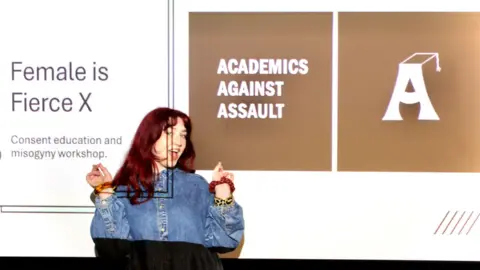 Lara Hama, Academics Against Assault
Lara Hama, Academics Against Assault
Molly says campaigning for change has been a "really healing experience", including running consent workshops with university sports clubs and societies
Following her experience, Molly set up Academics Against Assault, which is campaigning for education about consent to become mandatory at all UK universities.
She also runs training workshops about enthusiastic consent, and what bystanders can do if they witness incidents of sexual harassment or assault.
Dr Barratt said the university was grateful to Molly for her "extensive and impactful work", which has included co-developing the new consent education teaching module at Royal Holloway.
The OfS survey follows the regulator's publication of new guidance for universities on how to prevent and tackle harassment and sexual misconduct, which came into effect in August.
For the first time, universities are now required to:
- Provide training for staff and students "to improve understanding of what constitutes harassment and sexual misconduct"
- Publish information about their policies and procedures on how they deal with incidents of harassment and sexual misconduct
- Protect students from conflicts of interest and abuses of power that can arise from personal relationships between staff and students
A ban on non-disclosure agreements when dealing with cases of harassment or sexual misconduct also came into effect in September 2024.
Breaching these conditions could lead to universities being fined, the OfS said.

 1 hour ago
2
1 hour ago
2
